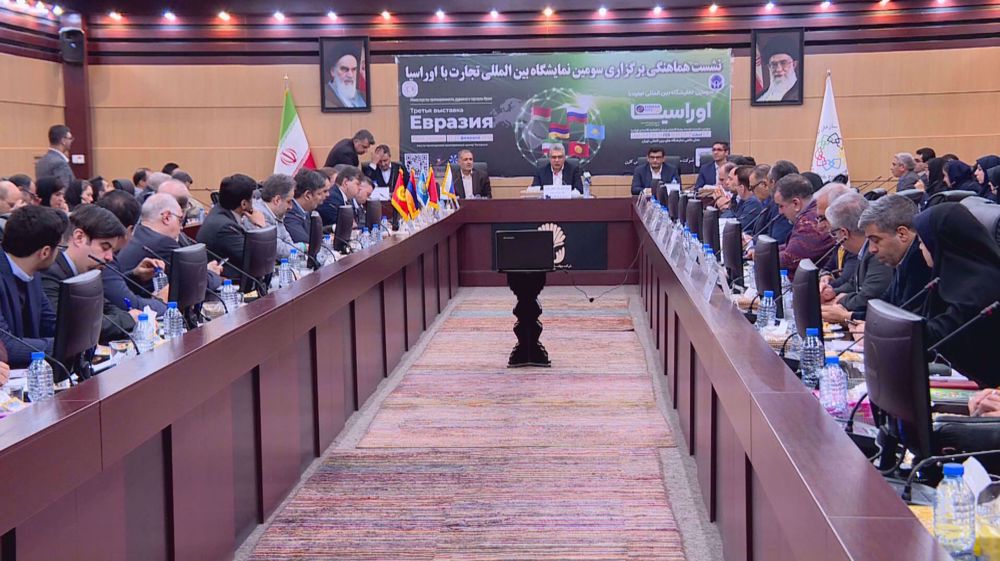UK cuts foreign aid, casting shadow over upcoming G7 summit
Saeed Pourreza
Press TV, London
Since the turmoil of Brexit, the UK’s conservative government has also splurged billions of dollars on expensive military projects, with plans to spend hundreds of billions more to project Britain’s military might internationally.
But while it’s loosened the purse strings on military spending, the British government has tightened them on the country’s under-funded public health system, and on foreign aid, where it used to lead the way.
The five and a half billion dollar cut will mean less relief for war-torn Yemen; the world’s worse humanitarian disaster. The UN secretary general has called the move, a death sentence.
The cuts also affect aid to the UN children’s agency UNICEF, and other life saving projects in countries such Syria, Ethiopia and Afghanistan.
Hundreds of charities, academics and business leaders have signed a letter warning the government the cuts cast a shadow over the nation’s role at the G7 and risk undermining its credibility on the world stage.
The British government says the decision to slash foreign aid is a response to the economic shock brought on by the coronavirus pandemic, meaning perhaps that once the health crisis blows over, foreign aid will go back to its’ previous levels.
Despite the pandemic, government aid designed to promote the economic development and welfare of developing countries rose to an all-time high last year, with the largest contributions coming from the US, followed by Germany. Britain took third place.
Prime Minister Boris Johnson is facing a rebellion at home from MPs, including his predecessor Teresa May, pushing for the government to reconsider. Theirs and a growing number of other voices, are urging Britain to be the world leader it claims to be.
Israel only after ‘erasing entire Palestinian presence’: Hamas
Yemeni forces seize Israeli ship in fresh pro-Palestinian operation
Wall St falls as Russia-Ukraine tensions raise concerns
VIDEO | Iran showcases defense innovations at IDEAS 2024
Iran reports slight increase in mining sector exports in April-October
VIDEO | Press TV's news headlines
Hezbollah to target Tel Aviv in response to Israeli attacks on Beirut: Sheikh Qassem
Pezeshkian: Iran puts premium on expansion of ties with Qatar









 This makes it easy to access the Press TV website
This makes it easy to access the Press TV website